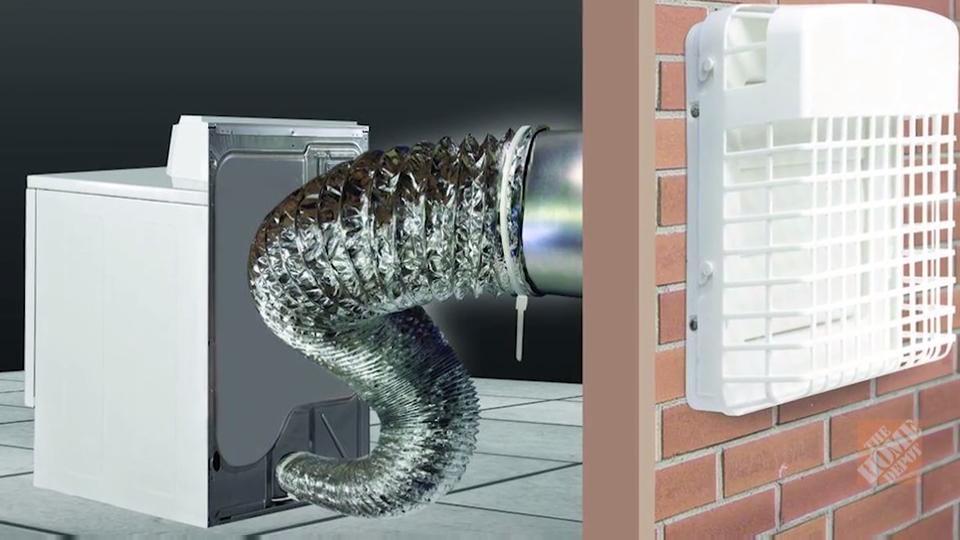Clogged or damaged dryer vent systems can cause fires, inefficient drying times and other issues. Therefore, taking proper care of your vent can significantly prolong its lifespan and reduce the chances of problems. Here are some effective strategies to prevent dryer vent issues.
Use Lint Catchers and Filters
Firstly, install a lint catcher or filter in the lint trap inside the dryer. These meshes capture microscopic lint pieces that pass through standard lint traps. Empty lint catchers after each load to eliminate any excess lint from escaping into the vent. Over time, accumulated lint can cause blockages, so removing as much as possible prevents future vent clogs.
Limit Drying Time for Clothes
Next, avoid over-drying your clothes which releases excess lint into the vent. Only run the dryer for the recommended amount of time on the label to reduce built-up lint. When in doubt, dry for a shorter cycles and check if clothes are dry. The less lint released, the less potential for vent blockages in the long run.
Clean Around the Dryer Vent Hood
Furthermore, regularly clean any visible lint buildup from the exterior vent hood on the outside wall. Occasionally vacuum or brush away lint pieces so they don’t collect inside the vent ducting where they’re harder to remove. Also ensure no obstructions like foliage or debris block the vent hood which can restrict air flow and cause overheating.
Monitor Properly Aligned Vent Ducts
Moreover, check that all connections between vent pipes inside and outside the wall remain secure and properly aligned. Over time, vibrations from the dryer can loosen screws and duct joints, causing misalignments that restrict airflow and trap more lint. Tighten any loose connections to keep ducts perfectly aligned and reduce vent clogging.
Avoid Excessive Vent Bends and Turns
Overall, when possible, install a vent system with as few bends and turns as possible. Each change of direction catches more lint, especially sharp 90 degree angles. While short, gently curved flexible vent hoses minimize issues, have a professional install rigid ducting with smooth turns if feasible to optimize ventilation and airflow.
By following these proactive strategies to manage your dryer vent, you’ll greatly reduce the risk of problems like vent blockages, fires and inefficient drying. Catching and removing excess lint, monitoring proper vent alignment and minimizing bends and turns in the system are key steps to make your vent last well beyond its expected lifespan.

